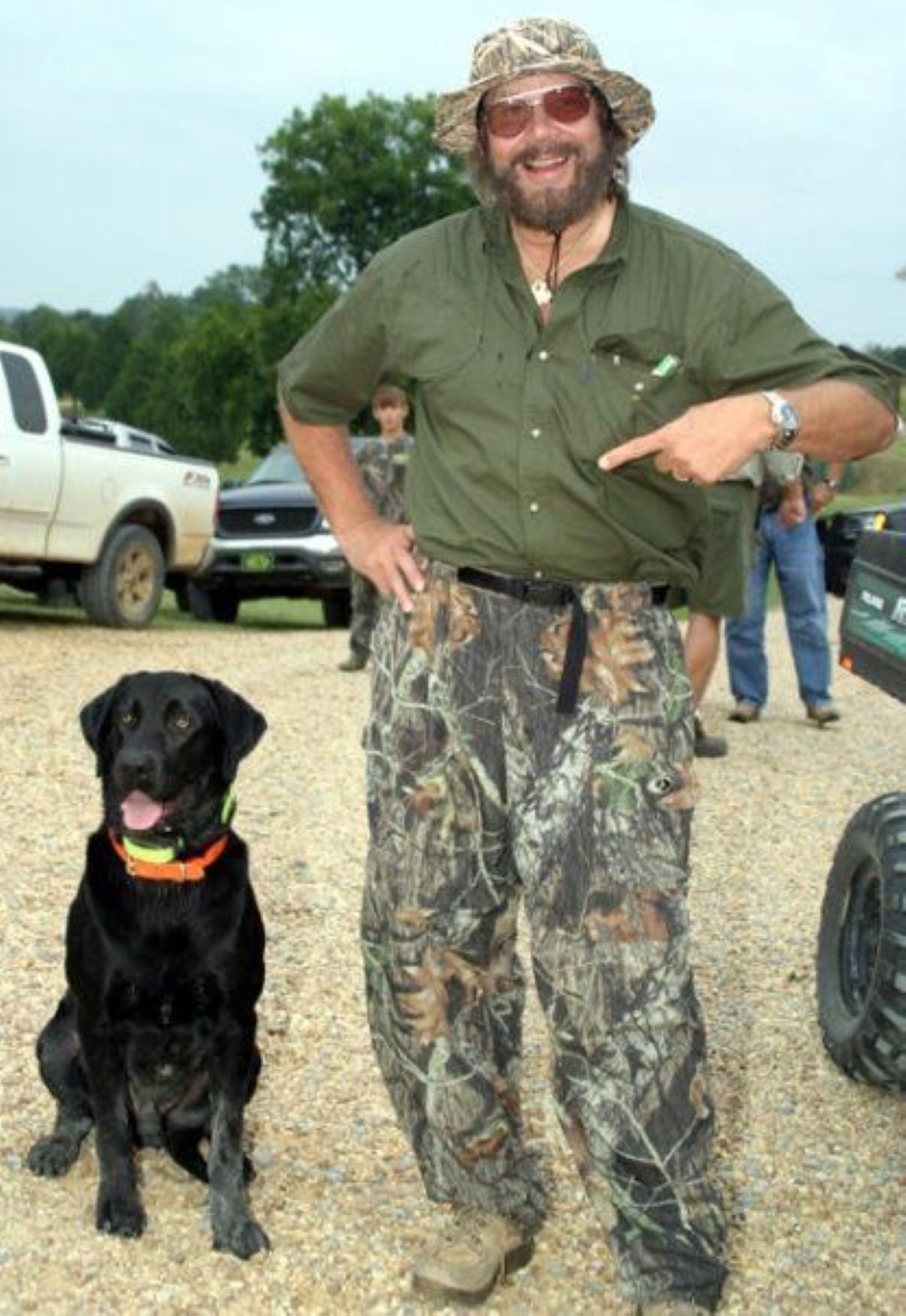🌾 They Can’t Starve Us Out, and They Can’t Make Us Run
“A Country Boy Can Survive” – Hank Williams, Jr.’s Fierce Anthem of Grit, Loss, and American Self-Reliance
Some songs are born from pride.
Others from pain.
“A Country Boy Can Survive” is born from both — a raw, unapologetic statement about what it means to live outside the system… and keep on living, no matter what the world throws your way.

🎵 The Song
Released in 1982, during a time of growing cultural tension between urban America and rural identity, this song wasn’t just a country hit — it was a declaration.
Written by Hank Williams, Jr., son of the legendary Hank Williams, it blends southern rock swagger with survivalist poetry. It tells the story of a man shaped by the land, raised in simplicity, unafraid of hard work — and unshaken by a changing, complicated world.
“The preacher man says it’s the end of time…”
“But a country boy can survive.”
🌪 The Real Pain Behind It
Midway through the song, Hank sings about a close friend — a New York businessman — who helped him navigate city life.
Later in the lyrics, that friend is shot and killed by a mugger. Hank’s reaction?
He doesn’t plead. He doesn’t cry.
He just says: “I’d love to spit some Beech-Nut in that dude’s eye.”
It’s raw, unfiltered grief — covered in grit and fire. It’s about the helplessness we feel when the world becomes too big, too fast, too violent.
And it’s also about the determination to never back down.
🌾 The Message
At its heart, “A Country Boy Can Survive” isn’t just about rural living — it’s about resilience.
It’s about hunting your own food, fixing what breaks, protecting your family, and refusing to let a broken world define who you are.
It’s not anti-city.
It’s pro-self.
A cry for the value of old-school living in a high-tech, high-pressure world.
📻 The Legacy
The song became an unofficial anthem for rural Americans, blue-collar workers, veterans, and anyone who ever felt overlooked by modern society. It’s been covered, sampled, quoted in political speeches, and shouted from pickup truck radios for over four decades.
It’s not perfect. It’s not polished.
But it’s real.
And sometimes, real is what survives.
“We say grace, and we say Ma’am / And if you ain’t into that, we don’t give a damn.”
It’s a promise.
It’s a warning.
It’s a song for anyone who ever thought, “They forgot about people like me.”